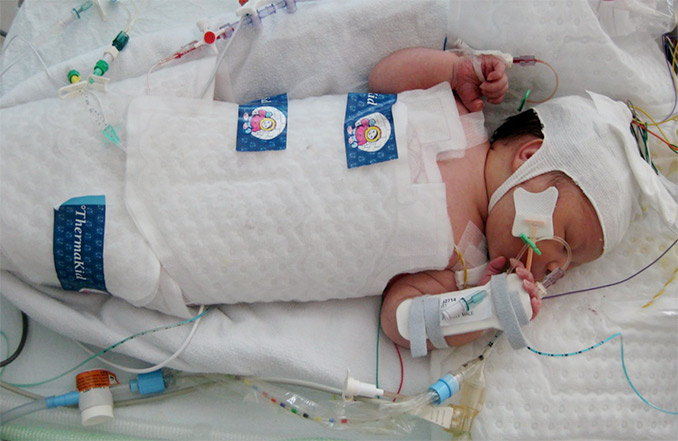Firm Partner John McKiggan Updates Media After Requesting Affidavits in Potential Horizon Health Network Class-Action Lawsuit
Firm Partner John McKiggan of McKiggan Hebert has questioned Tuesday outside of Moncton’s Court of Queen’s Bench after another step in the certification process unfolded within the evolving potential class-action lawsuit against Horizon Health Network and one of their former nurses.
Representative plaintiff Jayde Scott initiated this lawsuit last April claiming that Nicole Ruest (a former Moncton Hospital nurse) and Horizon Health Network are liable for negligence, breach of fiduciary duty, and vicarious liability for the inappropriate administration of oxytocin.
Tuesday’s hearing was an opportunity for Scott’s legal team, John McKiggan and Mathieu Picard, to contend the corroboration of affidavits of all Moncton Hospital documents that they currently possess which may be relevant to the lawsuit’s certification process.



